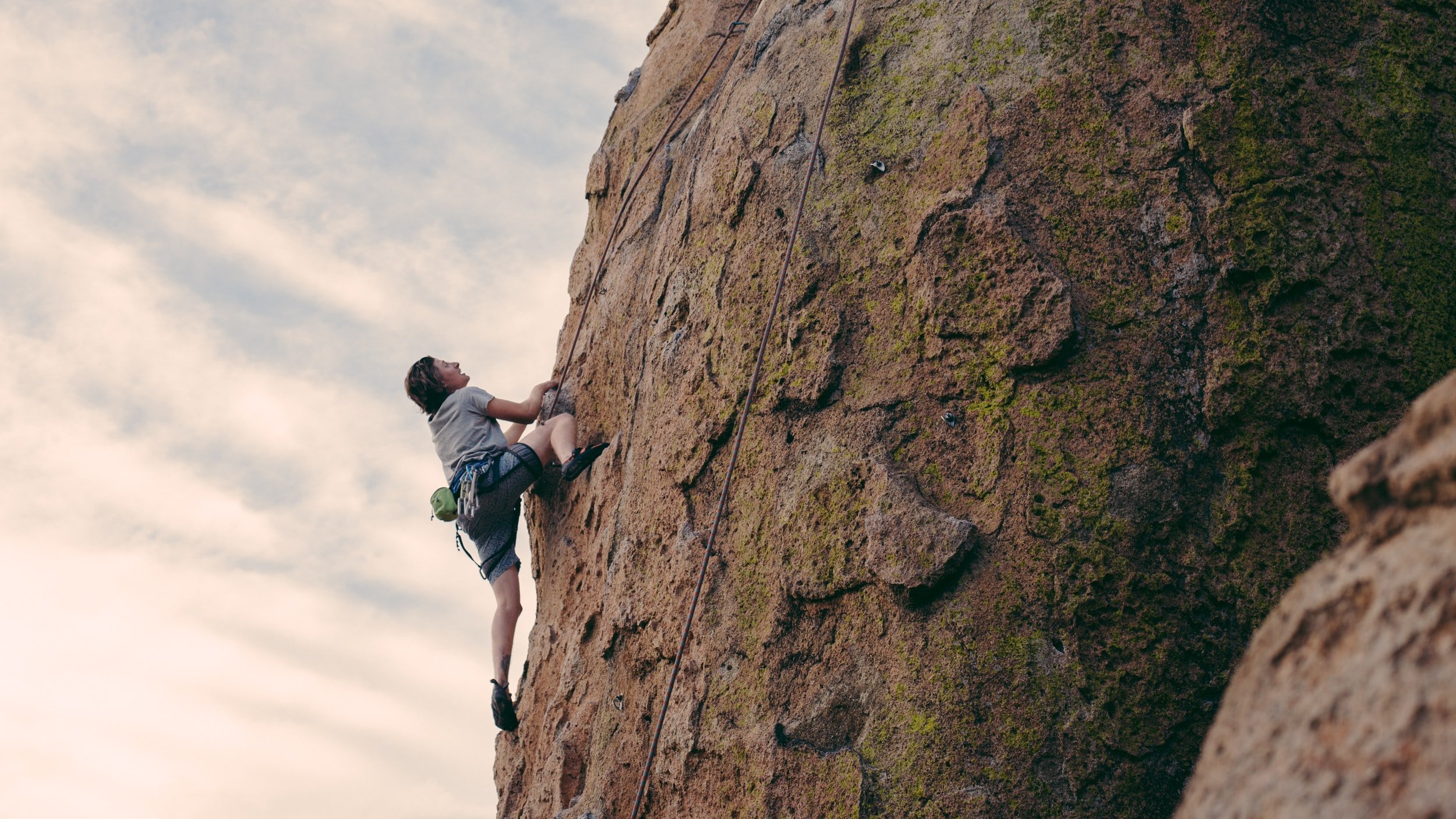
Getting Unstuck, Part 1: How a Homeopathic Remedy Can Help
Been stuck recently? Seems to be going around. It’s not necessarily bad as long as it doesn’t become a way of life, though it usually does last longer than we feel comfortable with. But it has its place. Take breathing as an example. There is that place in your breathing, where you have taken in a full breath, but not yet started to release the air. Do you know that place? And it feels like nothing is happening, but there is something happening—a change in activity is coming (from in-breathing to out-breathing). And while the natural world around us these days is bursting into new activity, the human process for change seems to lag behind this time of year. Why? Well, when the winter comes and brings cold temperatures and long nights, we all naturally breathe in. It feels really good to breathe in at that time. Fall, the winter holidays, and the changing of the year bring an inwardness that feels really good. It's nice to be cozy inside, light candles in the darkness, and devote time to our family life, our community life, and our inner life. It is in fact true that the deepest winter nights are a potent time to come into a purer relationship to our inner intentions and our spirituality. We can connect better to our higher self and find inspiration for the coming year during that time….

Onions for Earaches
Every so often you encounter something that is so simple and effective, that you wonder why you didn't know about it before, and why doesn't someone put it in a “handbook” for life. One of the things that should most certainly be in that handbook, at least in the category of home treatments for common illness, is the use of an onion compress for an earache. Yes, it will make you or your child smell like onions, and it sounds ridiculously simple, but in the middle of the night it can really be your friend.

Where does Anxiety come from?
Feeling anxious? Then you probably need to reconnect your thinking with your feet. Why is that true? Well, anxiety, in all its different forms usually means that we are thinking, watching, waiting, and can't quite let go of that activity. Sometimes exaggerated sensing activity is healthy and appropriate—for example, if a dog jumped out and bit your leg, then you should be extra watchful and guarded if you have to walk by that dog's house again. But if you became so worried that you never went for a walk, or find that when you do go for a walk you are still worrying about the dog long after you have arrived home, closed the door, even gotten into bed in your pajamas, then that watchfulness is no longer healthy. In a way, our nervous system gets stuck in the “on” position and doesn't switch off (another term for this could be hyper-vigilance).

Healing from the Inside, Out
Why do you go and see the doctor? Usually it is to get something—a prescription, a lab test, a diagnosis, an operation. Occasionally it is just for reassurance, but usually it is because we feel that we need something. And that is true a lot of the time. We can't do it all by ourselves. But receiving external treatments does not solve every situation, and it can even make us assume that our bodies, or our diet, or our genes are inherently broken and lacking something. That takes away a lot of our power to heal. In fact, today's pharmaceutical drug development looks to find conditions that require a medication that you will need to take for the rest of your life. That's good business, but it is not good healing. The truth is that there are many conditions that require us to make a shift and heal from the inside, out.

What is an anthroposophic medicine and how is it chosen?
The medicines that are used in anthroposophic medicine (also often referred to as “remedies”) come from the natural world. Most are prepared from plants and minerals, a select few from the animal world, with very special attention given to the purity and quality of the substances. While most conventional pharmaceutical drugs are made synthetically, usually from petroleum, anthroposophic medicines are sourced from nature, and handled thoughtfully and carefully to protect the living qualities of the substance. This is important, because the chemical composition of a substance is an important “footprint” of the particular plant, but it is not the whole thing. In a way it is at most a marker of what happens when the process of a plant comes to rest. There is a chemical pattern which is representative of a process, but it is not the whole process. Anthroposophic medicines are trying to incorporate the whole process of a mineral, plant, or animal.